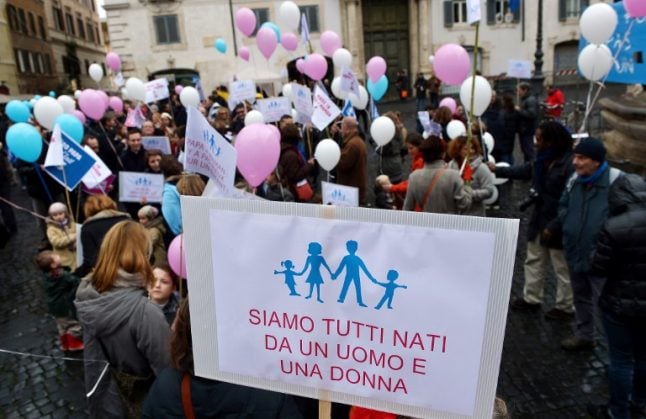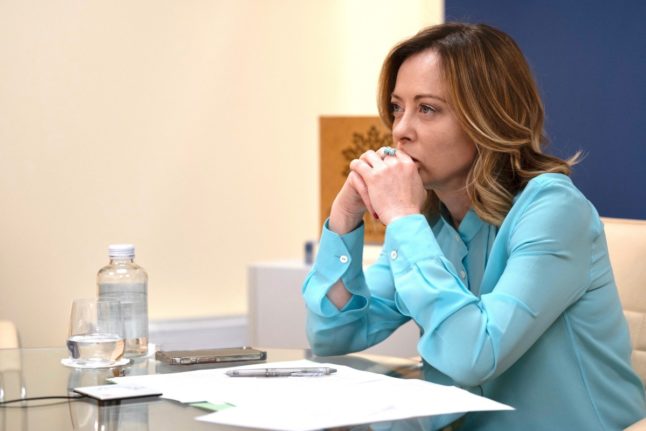Actor Vladimir Luxuria spoke to the group of 9-12 year olds for RAI3 show Alla Lavagna! (At the Blackboard), on which adults are quizzed by a classroom full of youngsters, often on controversial or “adult” themes like politics, religion and now, sexuality.
The show is well-known in Italy for the thoughtful and sometimes challenging questions posed by children to adult participants, who have previously included League leader Matteo Salvini.
Luxuria told the children of the “deep sadness” she'd felt as an adolescent, being born a boy but identifying strongly as female.
Pillon reportedly slammed the Q&A session as “shameful indoctrination” and said Luxuria “should go and tell her fairytale somewhere else, definitely not in a school with kids in front of the cameras.”
He said he would be filing a complaint about the contents of the show with the broadcaster’s parliamentary oversight committee.
Pillon meanwhile, also a family lawyer, proposed sweeping reforms to Italy's divorce and custody laws that opponents fear will make it harder for women to leave marriages and place survivors of domestic abuse at continued risk.
While Italy does not recognise gay marriage or the parental rights it would guarantee, at a local level various Italian cities have begun allowing same-sex couples to legally register their children to both parents, a move towards de facto acknowledgement.



 Please whitelist us to continue reading.
Please whitelist us to continue reading.